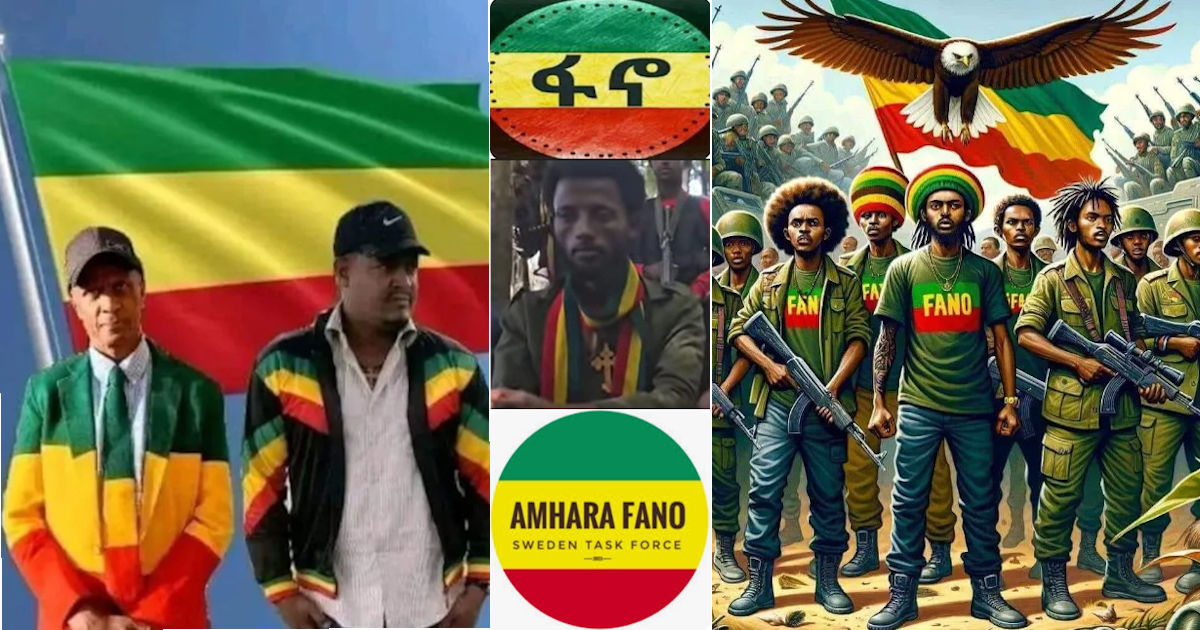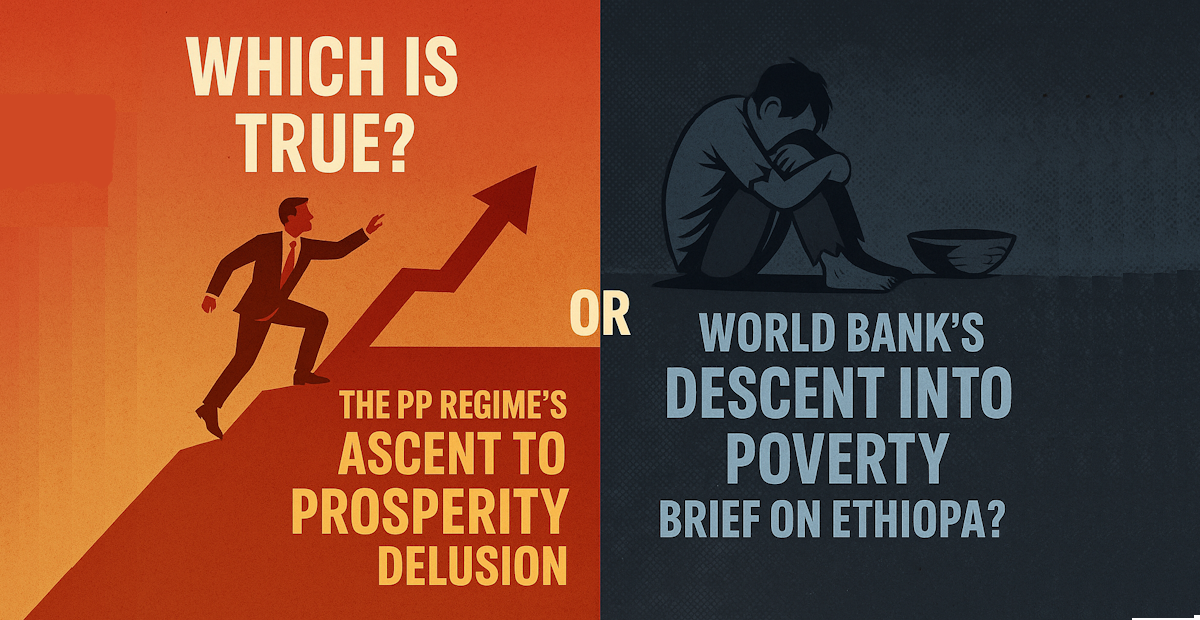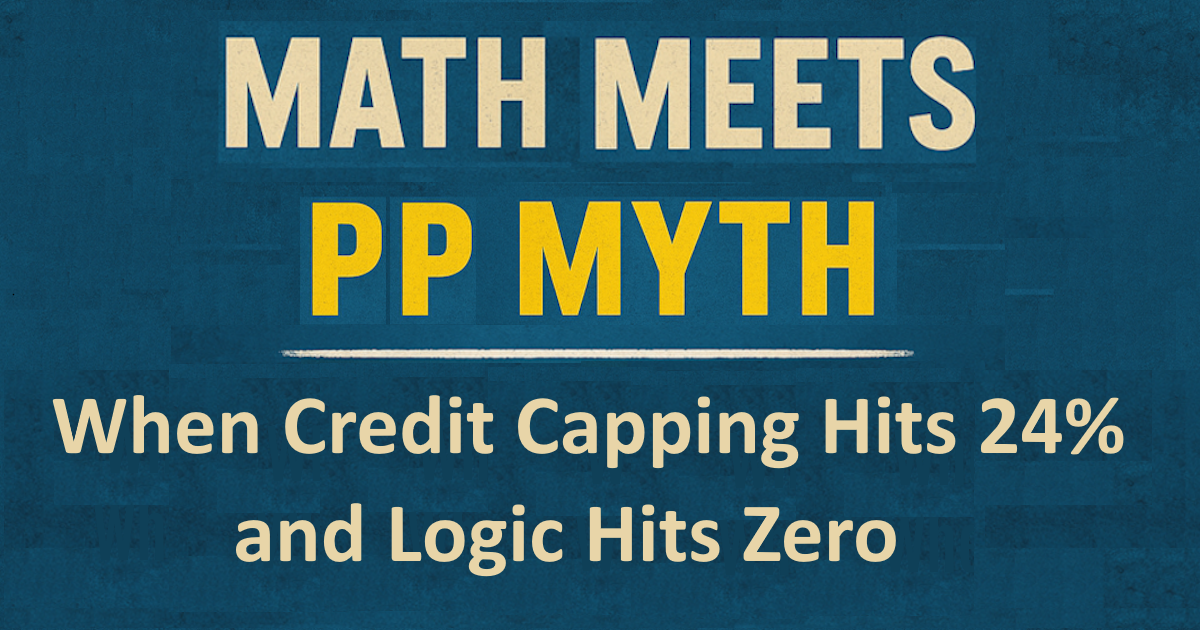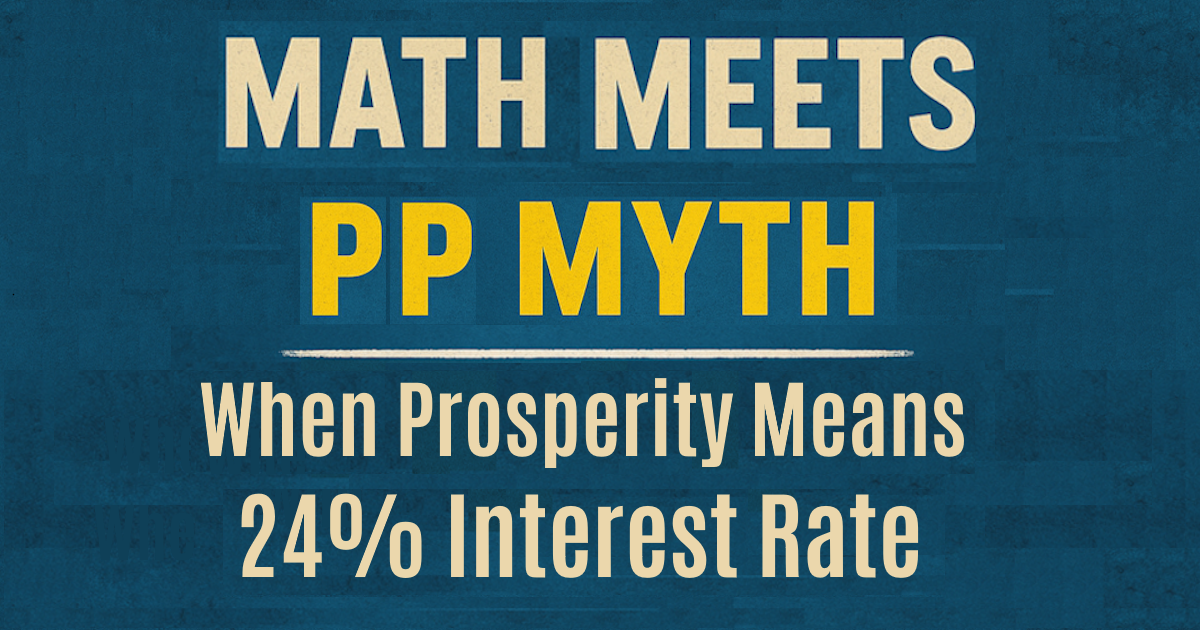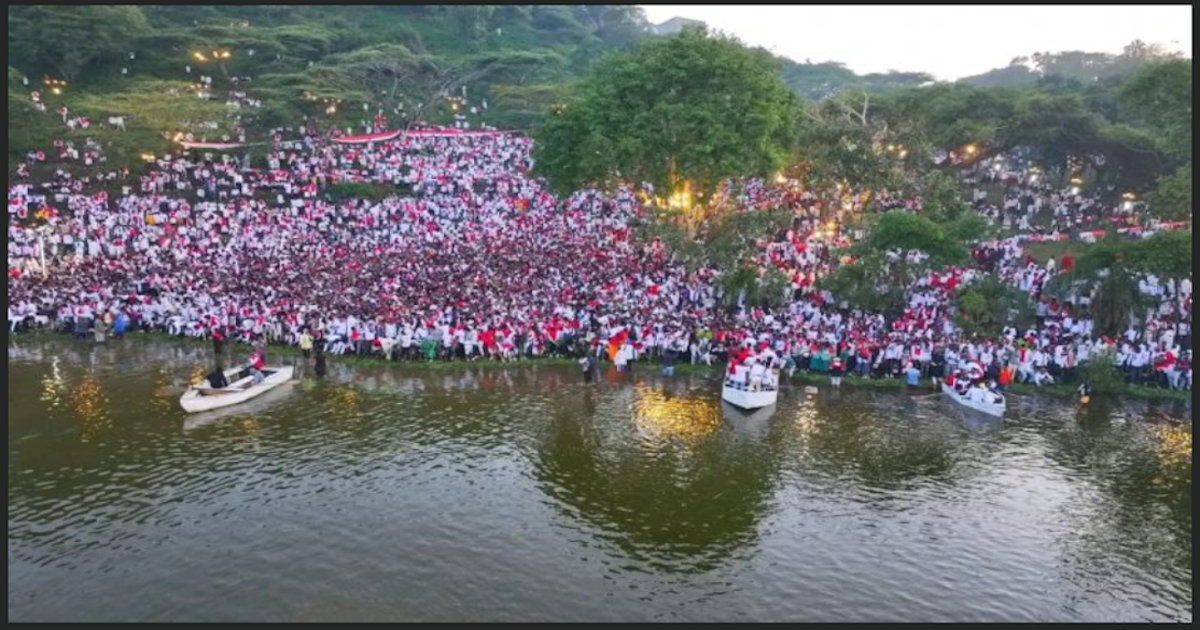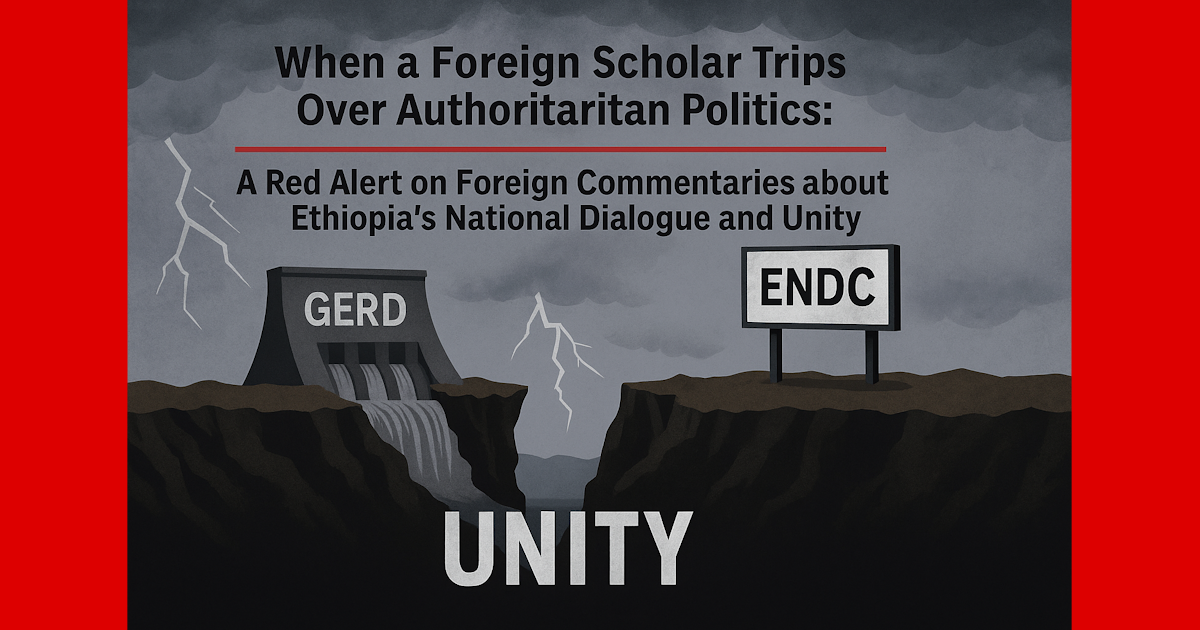The Noonnoo Massacre: A Shame That Stains Oromia and Ethiopia Alike
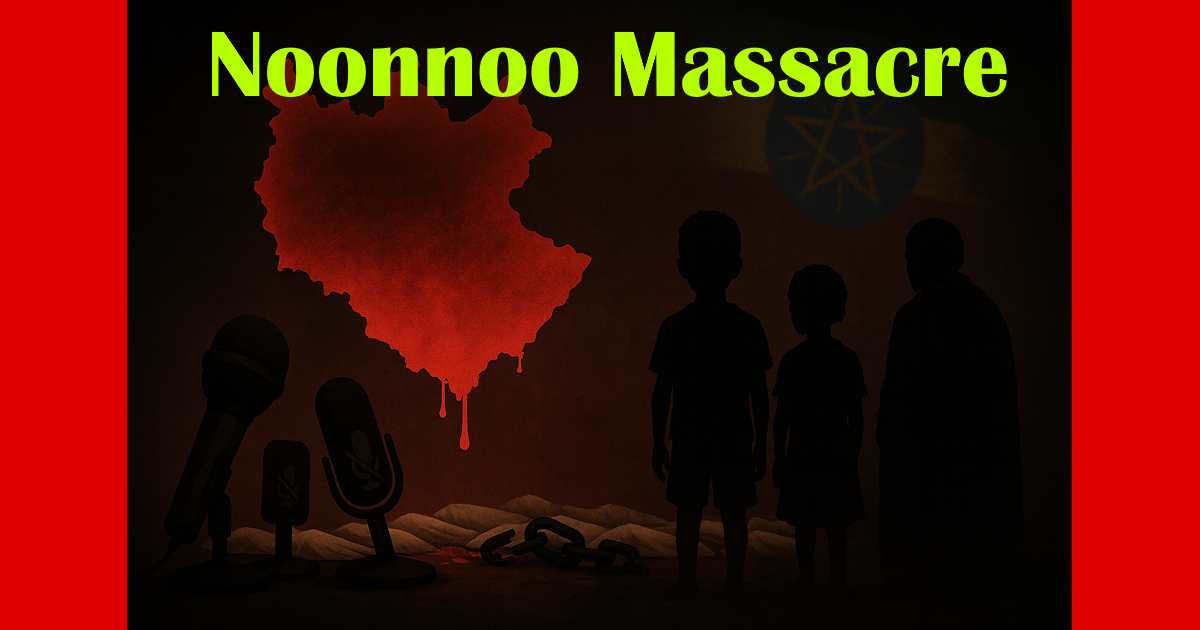
Excerpt
The Noonnoo Massacre has once again exposed the moral decay within Oromia’s political leadership and Ethiopia’s federal establishment. When 27 innocent lives — mostly children and the elderly — are slaughtered, yet no voice of outrage rises from those sworn to defend the people, silence becomes complicity. The tragedy is not just the massacre itself, but the cancerous indifference of leaders who have traded conscience for comfort and turned Oromia’s pain into background noise.
A People Without Custodians
It has long been evident that the Oromo people stand orphaned in their own homeland. They have no custodian, no government that defends them, no parliament that speaks for them, no institution that safeguards their dignity or mourns their dead. The bitter irony is that those occupying power, both at the regional and federal levels, bear the label of an “Oromo government,” yet every action they take betrays that name.
- When their sons and daughters are gunned down in cold blood — silence.
- When their peace ambassadors like Hacaaluu Hundeessaa and Battee Urgeessaa are assassinated — silence.
- When their walking institutions, the Karrayyuu Abbaa Gadaa elders are assassinated — silence.
- When sons of Oromia are beheaded by Amhara Fano for the public to witness the grotesque brutality — silence.
- When the youth of Oromia are led to summary execution in public squares while parents forced to watch for instilling fear into the wider community — silence.
- When pregnant Oromo women in Gujii and Dire Dawa are brutally slaughtered in plain sight by ENDF and Somali regional forces — silence.
- When homes with families are burned to cinders by Oromia security forces and ENDF — silence.
- When dead bodies are desecrated, loaded on donkey backs and dragged through fields and town squares with contemptuous disrespect to shock and silence — silence.
- When whole districts of Hararghee, Baalee, Gujii-Borana, Wallaga, Tuulama and parts of Wallo are quietly lost to administrative re-mapping — silence.
- When their ancestral lands are carved away and handed to encroaching neighbors — silence.
- When Oromia shrinks a little more with every passing day — silence.
- Oromia’s president-by-name-only, Shimelis Abdissa — when the call of duty demands courage — silence.
- The Caffee Oromia — when the voice of their constituents is desperately needed — silence.
- The head of the Ethiopian federal regime, Abiy Ahmed — when leadership demands moral clarity — silence.
- The Federal House of Representatives — when the true meaning of the word “representative” is on trial — silence.
- The entire PP establishment — when justice cries out from Noonnoo — silence.
- Silence when words could heal.
- Silence when truth could save lives.
- Silence — not of ignorance, but of deliberate complicity.
- Silence — the regime’s most consistent policy, its only remaining language.
This silence has persisted for years, turning tragedy into routine, atrocity into background noise.
Why They Can Be Comfortably Silent?
Their silence is not accidental — it is layered in privilege, protection, and profit. While ordinary Oromo families bleed, the families of the powerful live insulated lives. Consider how that insulation is produced:
- Their children study in safe, paid-for schools and universities in the UAE, China, Europe, and North America — while the poor’s children are left to be cannon-fodder in the PP’s civil-war of retention: the civilwar by design to sustain PP regime in power.
- Their immediate family members possess foreign passports, residency, or evacuation routes that guarantee safety when violence erupts at home.
- They rely on private security details and gated compounds that ordinary citizens can never afford — physical distance that breeds moral distance.
- They enjoy priority access to private healthcare and medical evacuation abroad while victims languish without basic medical care.
- Their wealth and offshore assets shield them from the economic consequences of conflict; dispossession and displacement impoverish everyone else.
- Their networks control or influence major media outlets and narratives, ensuring that inconvenient massacres remain muted or misreported.
- They benefit from impunity — legal systems, investigators, or security services that shield insiders while persecuting the powerless.
- They are spared conscription, frontline service, or the daily risks that ordinary families must face; safety for them is a political privilege.
- Their children’s futures are secured by nepotism and patronage — jobs, contracts, and visas — while ordinary youths face unemployment, exile, or death.
- The social circles they move in normalize exile and investment abroad as an escape hatch, not an emergency response — and so conscience atrophies quietly.
- Noonnoo means nothing to them — perhaps they have never even heard of it on the insular planet they inhabit. Yet history has a way of catching up. The Noonnoo Massacre will one day confront them in the pages of the nation’s shame, where their silence and complicity will stand recorded side by side with the atrocity itself.
This is not an accidental silence. It is a structural silence: produced by privilege, lubricated by corruption, and defended by institutions that prefer spectacle to accountability. When leaders’ homes, fortunes, and families are insulated from risk, they stop seeing the cost of their choices — and their silence becomes a political act, not a lapse of feeling.
The Silence That Speaks of Complicity
We can no longer call this complacency. Repetition strips accidents of innocence. When the same horrors recur — uncondemned, unpunished, unacknowledged — silence becomes a signature, not a symptom.
If this is not by design, then let the Oromia Administration, the Oromia Parliament, and the Federal Regime prove otherwise.
Because a government that cannot condemn the massacre of its people is not neutral — it is complicit.
- Where are their statements of outrage?
- Where is the parliamentary motion for justice?
- Where is the moral indignation that any leader worthy of that title should show?
They draw salaries from the public purse, yet their silence bankrupts the very soul of leadership.
The Selective Vision of a Rotten System
How can a nation whose media finds time to glorify the lighting of Sof Omer Cave fail to find a single headline for the massacre of 27 innocent souls — mostly children and the elderly — in Noonnoo?
- What kind of governance prioritizes spectacle over suffering, and tourism over tears?
- When headlines glow brighter than justice, the regime’s moral compass has not merely failed — it has rotted.
The Death of Conscience in Oromo Politics
- What has become of Oromo politicians — those who claim to represent their people?
- Has conscience deserted them?
- How many massacres must pass before they rediscover the meaning of representation?
- How many assassinations — from the fourteen Karrayyuu Abbaa Gadaas to the countless unarmed villagers — before they remember that silence is betrayal?
- Do they not flinch when Oromia bleeds, when its territories shrink, when its name is dragged through the dust of silence?
The Noonnoo Massacre is not an isolated tragedy. It is the latest verse in a long dirge that began years ago — a dirge written in Oromo blood and ignored by those who swore to protect it. Sadly, we are losing count of the massacres visiting Noonnoo.
The Moral Cancer Consuming the Soul
There comes a point where silence ceases to be human weakness and becomes something darker — a cancer of the soul.
Perhaps that is what afflicts Ethiopia’s political class, and the Oromo politicians in particular.
For only a soul in decay could remain unmoved by the slaughter of the innocent.
Only a conscience in ruin could normalize the massacre of children.
Only a leadership without spirit could stand idle while its homeland burns.
If this metaphor wounds, let it wound deeply — for perhaps only pain can awaken the comatose politicians — brain-dead politicians — who know no shame, who have no conscience.
Perhaps only a moral shock can force the afflicted souls to confront what they have become.
A Warning Written in History
To the Amhara Fano who struck in the dark, and to any collaborators who helped plan or cover these crimes: know this — your deeds will not vanish into the void. The names, the places, the faces of the dead, and the memory of the grief you caused will be carried forward by survivors, families, and a people who refuse to forget.
History keeps a ledger; it is patient, and it remembers with terrible clarity. You will stand in that ledger — not as victors but as authors of a shame that future generations will study and condemn.
And to the alleged Guragee collaborators: if you are not party to these crimes, speak out now and make your innocence plain. Silence that shelters the guilty is a stain; speech that separates the innocent from the criminal is an act of courage. Let the truth be heard.
Do not mistake the apparent stillness of Oromo politicians or the quiet of a grieving people for fear. That quiet contains a different power altogether: a deep, burning resolve. We will seek justice through every lawful avenue available — through forensic truth, public inquiry, legal action, international attention, and the steady work of civic memory.
This warning is addressed to all renegade groups whose shortsighted violence targets Oromia and its people: you do not speak for the decent majority of Amhara or Somali citizens. Your actions expose you as instruments of criminal regional and federal elements within the PP establishment. The ongoing silence from those in power only confirms the collusion we have long suspected.
After all, who armed and empowered the Amhara Fano in the first place?
The Oromo’s calm today is not submission; it is preparation — for accountability, for testimony, for reconstruction, for reclaiming what was taken.
Let this be a warning, then — not of reciprocal bloodletting, but of relentless pursuit: of evidence gathered, stories told, witnesses protected, and justice pursued. Let it be recorded now so that the denialists and the complacent have no refuge later. The world will watch; history will judge; and the people will never forget.
To the Blind Supporters of the PP Regime
- What do you see in this callous regime that the rest of us cannot?
- What light are you chasing in this darkness that devours its own people?
- How can you justify your allegiance to a regime that has lost both its moral compass and its human face?
- How can you, in good conscience, ignore the Noonnoo Massacre — pretending not to see — and spare this regime the blame it deserves for its deliberate, cowardly silence?
A regime that has abandoned its constituency, that feels no pulse of compassion for the dying and displaced, that rules through fear and deception while preaching peace with blood-stained lips.
A regime that turns its army, tanks, air force, and drones against its own citizens.
A regime that deploys killer squads to silence every formidable voice of dissent.
A regime that fears truth more than war, justice more than insurgency, and its own people more than any foreign enemy.
A regime that remains unmoved by the massacre of innocents — that approves by its silence, not once or twice but with a consistency that indicts it as the author and architect of the very atrocities it doesn’t even pretend to condemn.
A regime that speaks of prosperity while the nation starves — a cruel parody of progress.
A regime that plants flags of unity while sowing division along ethnic lines to sustain its crumbling power.
A regime that drains the empire’s treasury to enrich its cronies while hospitals rot and classrooms empty.
A regime that fears truth, jails journalists, and silences the brave voices like Taye Danda’a that dare to speak it.
A regime that disguises incompetence with propaganda, failure with spectacle, and repression with the language of “reform.”
A regime that has reduced public service to personal loyalty, and leadership to theatre of deception.
A regime that hides behind “stability” while manufacturing instability to justify its own existence.
A regime that celebrates foreign praise but crushes local dissent, mistaking fear for respect and obedience for love.
To those who still defend it — open your eyes. Your loyalty is being exploited to legitimize tyranny.
Your silence is interpreted as consent for barbarity.
And your faith in this regime will one day stand as testimony to your complicity in its crimes.
History will not remember the blind followers kindly. It will remember those who refused to be deceived, who spoke when silence was convenient, and who stood with the oppressed when it was dangerous to do so.
A Final Word
To the Oromo politicians: your silence is your confession.
To the Ethiopian regime: your indifference is your indictment.
And to the people of Oromia: remember that the measure of a nation’s worth is not in its monuments or its projects, but in its mercy for the defenseless.
The Noonnoo Massacre will not fade.
It stands as a mirror — and one day, every silent accomplice will be forced to look into it.
References
- “A Massacre Fano Committed in Noonnoo [in Afan Oromo]“, OMN: Dhumaatii Jumlaa Faannoon Noonnootti Raawwate, 20 October 2025, OMN TODAY.
- OT Editorial, When Silence from Leaders Equates to Complicity: The Inaction of PM Abiy and President Shimelis on Fano’s Heinous Crimes in Oromia, 21 November 2024, OROMIA TODAY.

